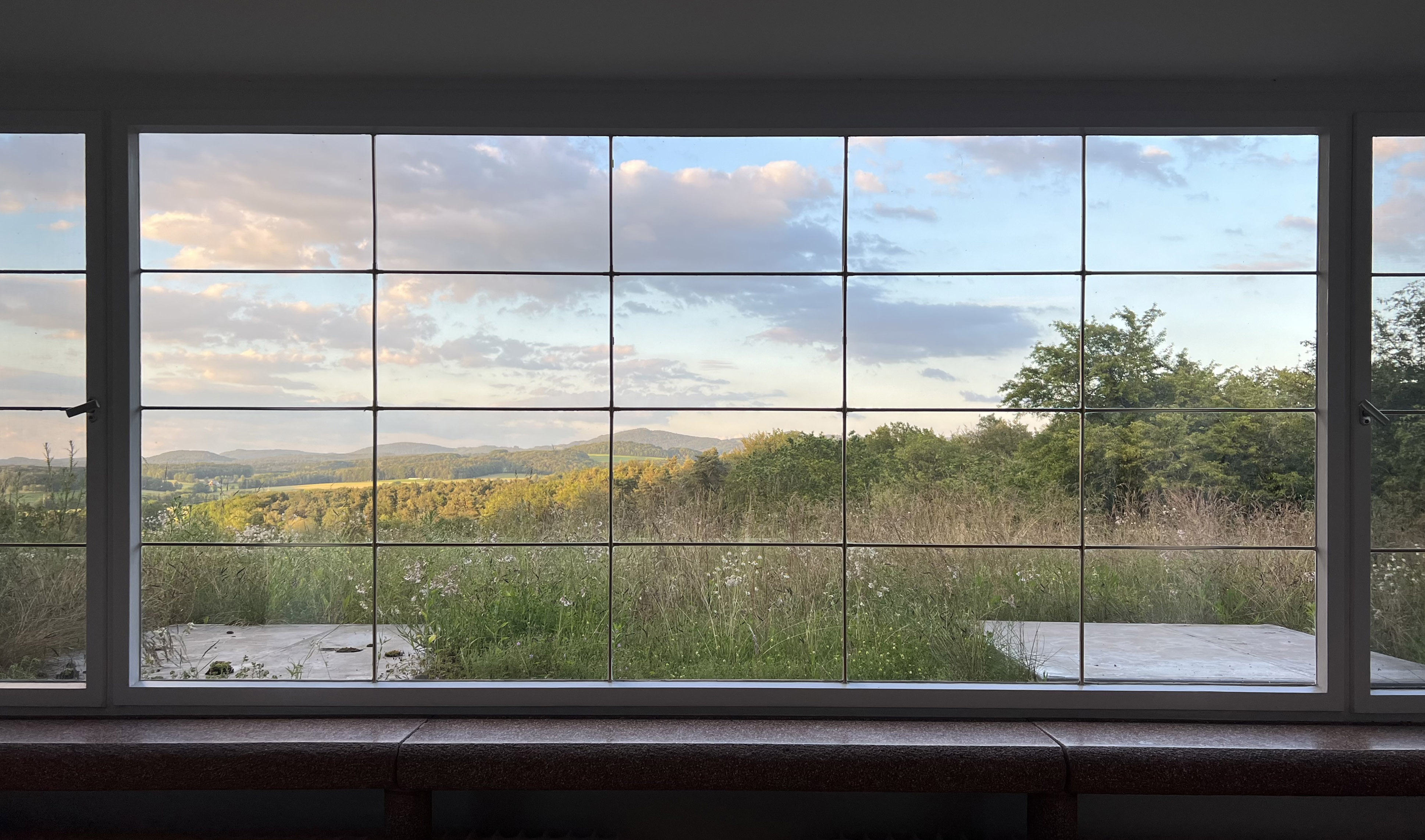
Please connect via: info@anthropocene-lab.com
@ University of Illinois at Chicago
The Lab positions itself as an inclusive platform for all the disciplines, intentionally not to become its own Institute, but a place in-between, a place where different knowledges can meet and where the focus work will be forms and processes of collaboration itself. The explorations will create new Wissensräume (“Spaces of knowledge”) and addresses the questions of the delitescence - both would pursue a process of following traces and to lay traces in relation to deep time, the presence and the future.
The AL embraces and brings together theoretical and practical ways to reflect and produce ideas for important issues like life on a constantly changing planet. Therefore, the lab will enable participants to do unique fundamental research (Grundlagenforschung), reflect on methods, and reimagine the shape of our disciplinary practices. AL will provide space and time to think, play and explore sensations for a different understanding of our complex environment. The initiative wants to understand and shape the complex transformation processes of the Anthropocene and to foster collaborative and transdisciplinary practices of knowledge production, transmission and dissemination of knowledge. The lab is understood as an incitement to rethink contemporary conditions of dwelling and living on this planet now that humans have become a geological force in shaping it. Using the term Anthropocene as a space of contention, stages critical questions concerning the interdependencies and co-dynamics between earthly processes, human politics, technological systems and the socio-ecological reality produced by a matrix of circumstantial conditions. Art will transform cognition into experience and practice into cognition, making invisible processes available to our perception.
Anthropocene is the name of the new geological epoch, first proposed by atmospheric chemist Paul Crutzen and marine scientist Eugene F. Stroemer in a statement published in 2000, with the proposal that human species appears as a prominent agent of change on the earth’s geology and ecosystems. If confirmed, Anthropocene is to replace the Holocene, which goes back about 11,700 years to the closing of the last Ice Age. Since then, the conversations on the Anthropocene, climate change and the planetary ecological crisis have proved that the extremely complex problems the planet is facing can only be addressed by new ways of collaboration and innovative knowledge production. Work on the Anthropocene in recent years has shown that unorthodox and unexpected collaborations between the sciences, humanities, and the arts as well as the creative mixing of their methodologies are essential to successfully address the impact of the Anthropocene on the planet, the human and non-human communities around the world.